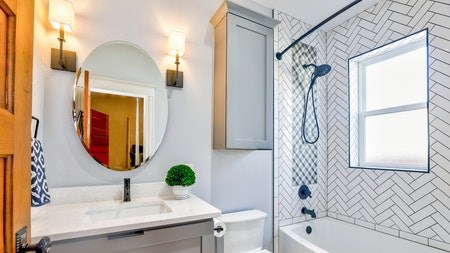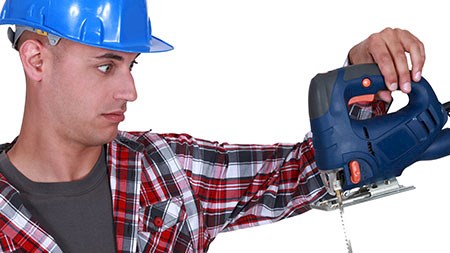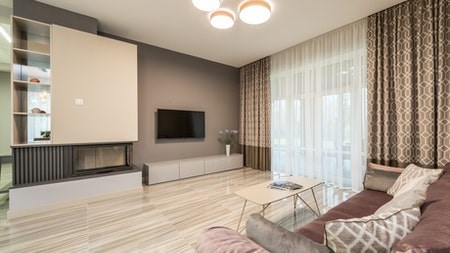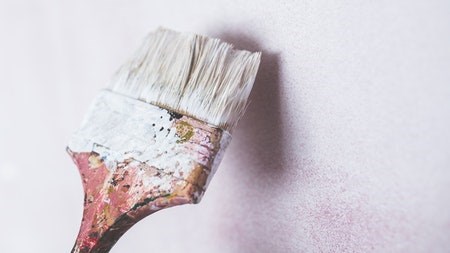When selling a home, most real estate professionals will advise that the best rooms to update are the bathrooms and the kitchen. Given the current state of our economy, sellers will have to spend their money wisely in order to maximise their returns on investment.
According to Adrian Goslett, Regional Director and CEO of RE/MAX of Southern Africa, there are several cost-effective ways that can make a home more appealing and increase the chances of selling for the best possible price in the shortest possible time frame. “Given the current economic crisis, many sellers might lack the funds to invest in upgrading or fixing up their home to sell. But homeowners do not have to go to extreme measures to create a big impact. Often just subtle, reasonably inexpensive updates can go a long way to increase the property’s appeal and give sellers the competitive edge,” he advises.
Many sellers make the mistake of thinking that their bathroom needs to be fitted with the most expensive fixtures and fittings to increase the value of their home. Often, the simplest bathroom designs can do better than the bespoke designer bathrooms. This is based on the principle of mass appeal: the more unique a homeowner makes the bathroom space, the more buyers they exclude based on affordability issues or matters of personal taste. The best changes a homeowner can make are the ones that make the space feel spacious, practical and inviting.
Depending on the project, sometimes all that a bathroom needs is modern fixtures, a tile and grout scrub and a fresh coat of paint to transform it into a completely new space – all of which is easily achieved on one’s own.
“DIY projects are a great way to add value to a home – provided the work is completed properly. If installed or completed incorrectly, the project could end up costing twice as much to fix as a professional would have charged in the first place. It is a better idea to use a professional contractor if the renovation involves any plumbing, electrical or structural changes. It might be a matter of changing the tap fixtures or perhaps fitting a new bathtub or changing to a double sink instead of a single one, adding recessed lighting, or installing new floor and wall tiles – all of which can be expensive to fix if not installed correctly the first time,” he suggests.
Those who are looking to do the renovations themselves can access the countless books and reputable websites available that will guide them through the process. Homeowners can also check whether their local hardware store has do-it-yourself classes or seminars which will provide guidance and practical examples.
Ultimately, homeowners need to get the balance right and know where to spend their money and where they can cut back on costs.
The key consideration when renovating to sell is the return on investment on the given project. It may sometimes be necessary to inject some capital into the property to give it a fair chance of selling, but sellers should try and keep these costs as low as possible in order to avoid negative returns. As a simplified example, if a seller pays R50,000 to renovate his/her bathroom, but the value of their home only increases by R10,000, then the seller would experience a negative return of R40,000 on that investment
For those struggling to decide how to renovate the bathroom spaces, Goslett recommends contacting a real estate advisor. “Based on experience and as area experts, real estate professionals know what buyers want in a bathroom in that area and what they are willing to pay for it. They can therefore guide sellers on how best to renovate the space to secure a sale and recoup their renovation costs,” he concludes.




